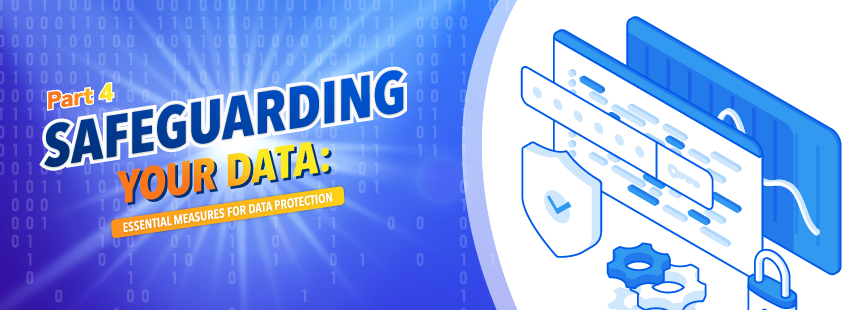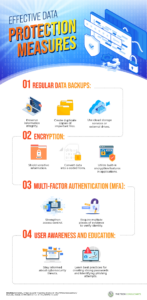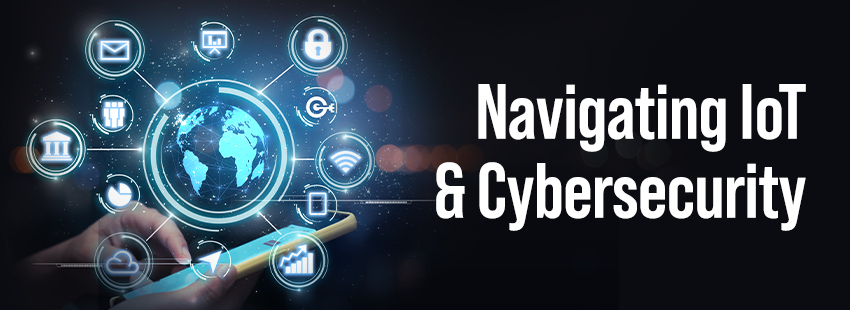Introduction
Welcome to the final installment of our blog series on Cyber Hygiene: “Safeguarding Your Data.” In this concluding part, we delve into the crucial aspect of data protection and explore effective measures to safeguard your valuable information. Data breaches and unauthorized access to personal information are prevalent in today’s digital landscape. By implementing robust data protection measures, you can mitigate the risk of data breaches and enhance your overall cyber hygiene practices. Let’s explore essential steps to protect your data and ensure your digital well-being.
Regular Data Backups: Preserving Information Integrity
Regularly backing up your data is a fundamental measure for data protection. Data backups create duplicate copies of your important files, ensuring their preservation in the event of hardware failure, cyberattacks, or accidental deletion. Maintaining backups minimizes the risk of losing critical information and can quickly restore it when needed.
Cloud storage services, external hard drives, or network-attached storage (NAS) devices offer convenient options for creating data backups. Schedule automated backups or perform manual backups regularly, depending on your needs and preferences. Remember to verify the integrity of your backups periodically to ensure their effectiveness in restoring your data.
Encryption: Shielding Your Sensitive Information
Encryption is a powerful tool for data protection. It involves converting your information into a coded form that can only be accessed with the correct decryption key. Encrypting your data adds an extra layer of security, making it challenging for unauthorized individuals to access or decipher sensitive information.
Many operating systems and applications offer built-in encryption features. Take advantage of these tools to encrypt files, folders, or entire drives. Additionally, consider using secure messaging applications or email encryption tools to protect the confidentiality of your communications.
Multi-Factor Authentication (MFA): Strengthening Access Control
Implementing multi-factor authentication (MFA) strengthens access control and protects your accounts from unauthorized access. MFA requires users to provide multiple pieces of evidence to verify their identity, typically combining something they know (password), something they have (authentication app or hardware token), or something they are (biometric data).
Enable MFA whenever available, especially for critical accounts such as email, banking, or social media. This additional layer of security helps prevent unauthorized access, even if your password is compromised. MFA significantly enhances your data protection by ensuring that only authorized individuals can access your sensitive information.
User Awareness and Education: Building a Cyber-Savvy Mindset
User awareness and education play a vital role in data protection. It is essential to stay informed about cybercriminals’ latest cybersecurity threats, phishing techniques, and social engineering tactics. By staying educated, you can recognize potential risks and make informed decisions to protect your data.
Regularly update your knowledge of cybersecurity best practices, such as creating strong passwords, identifying phishing attempts, and securing your devices. Stay informed through reputable sources, cybersecurity blogs, or official security organizations. Sharing this knowledge with friends, family, and colleagues can contribute to a safer online environment for everyone.
Conclusion:
Safeguarding your data is a crucial aspect of maintaining good cyber hygiene. In this final part of our blog series on Cyber Hygiene, we explored essential data protection measures. By regularly backing up your data, encrypting sensitive information, implementing multi-factor authentication, and staying informed through user awareness and education, you can significantly enhance your data protection practices.
Remember, data breaches and unauthorized access to personal information are ever-present risks in today’s digital landscape. By consistently practicing good cyber hygiene and adopting robust data protection measures, you empower yourself to safeguard valuable information and ensure digital well-being.
We hope this blog series has provided valuable insights and practical tips to maintain a strong cyber hygiene routine. By prioritizing cyber hygiene, you contribute to a safer online environment for yourself and others.






